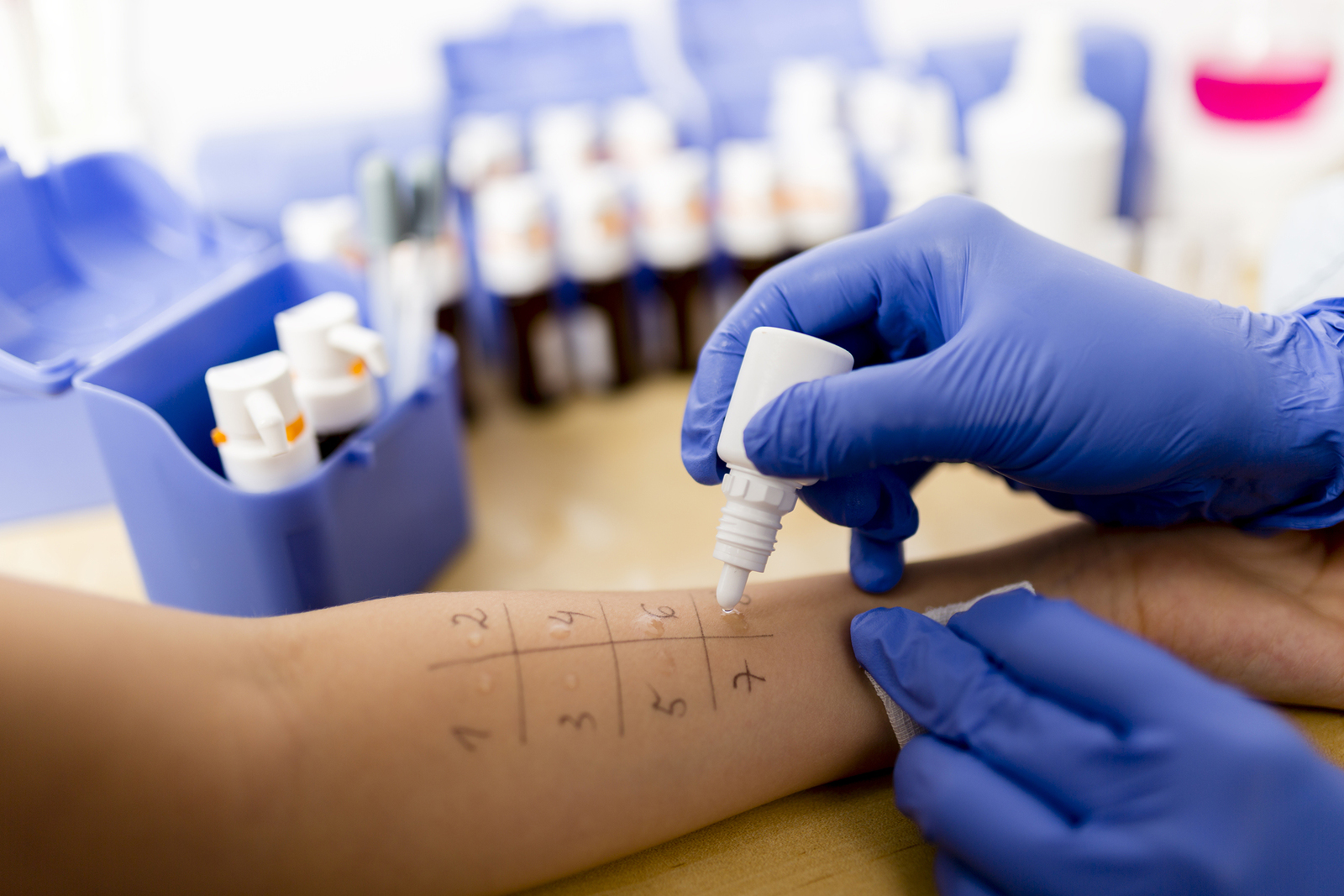As reported in the Daily Mail, a new UK study published in the medical journal Allergy finds that for every child diagnosed with a milk allergy via blood and skin prick tests, another goes undiagnosed that will suffer a reaction.
Dr Kate Grimshaw, a specialist pediatric dietitian at Southampton Children’s Hospital, reported that not all allergies can be detected by measuring levels of immunoglobulin E (IgE) antibody, which is linked to allergic reactions.
Dr Grimshaw, who participated in the EuroPrevall study funded by the European Union, said:
We know that sometimes if a child is seen for a possible food allergic reaction – to any food, not just milk – but tests show there is no measurable IgE, then a possible food reaction may be ruled out, when in fact the child may be reacting to the food, just not via IgE. This research will hopefully highlight to GPs and non-allergy specialists that just because an IgE test is negative, the child may in fact be reacting to a food and further investigations should be carried out.
The study, which followed over 9,000 babies from nine European countries until age two, found that 1.3% of children from the UK reacted to milk within two hours, but only 45% had IgE levels associated with symptoms.
Professor Graham Roberts, a consultant in pediatric allergy and respiratory medicine at Southampton Children’s Hospital, and principal investigator for the UK study, said:
Our study shows that a significant number of children can be reacting to a food despite having a negative IgE test. The take-away message for any non-allergy specialist is, if the patient’s history is convincing, then further investigations should be made if IgE tests are negative to ensure the child isn’t actually reacting to a food.
If you suspect your child has been reacting to an allergen but IgE tests returned negative, you may want to discuss these findings with your child’s allergist.





